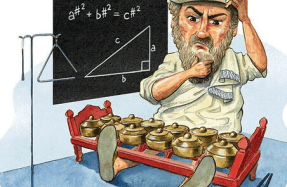
Bacewicz • J Mendelson
Bacewicz: String Quartet; Quatuor (à cordes); J Mendelson: String Quartet No. 1; Oboe Quintet* Karolina Stalmachowska (oboe); Silesian Quartet; *Piotr Sałajczyk (piano)
Chandos CHAN 20181 56:00 mins

One of Poland’s greatest 20th-century composers, Grażyna Bacewicz, is paired here with one of its many forgotten ones, Joachim (sometimes known as Leon) Mendelson. Both were active in 1930s Warsaw’s musical life, and both spent time studying in Paris at the beginning of that decade. Bacewicz (1909-69) survived the war and composed prolifically; one generation older, Mendelson (1892-1943) was murdered by the Gestapo in the Warsaw Ghetto. Just five of his works survived at the Parisian publishing house of Max Eschig, including the two heard on this new release.
Mendelson’s First String Quartet was published in 1938 and is thought to have been composed in the early 1930s. It wears its late Romanticism lightly, with tenderness framed by dancelike rhythms. But the Quintet of 1939 for violin, viola, cello, oboe and piano is more striking – and the highlight of this recording. The oboe and piano add piquancy, and Mendelson packs a lot of attractive ideas (the work leans more towards neoclassicism) into its compact 13 minutes. Together with the pianist Piotr Sałajczyk and oboe player Karolina Stalmachowska, the Silesians (minus their second violinist) give a spirited performance.
Neither of the two Bacewicz quartets – a youthful piece written around 1930 and a late score from circa 1965 – were included by




